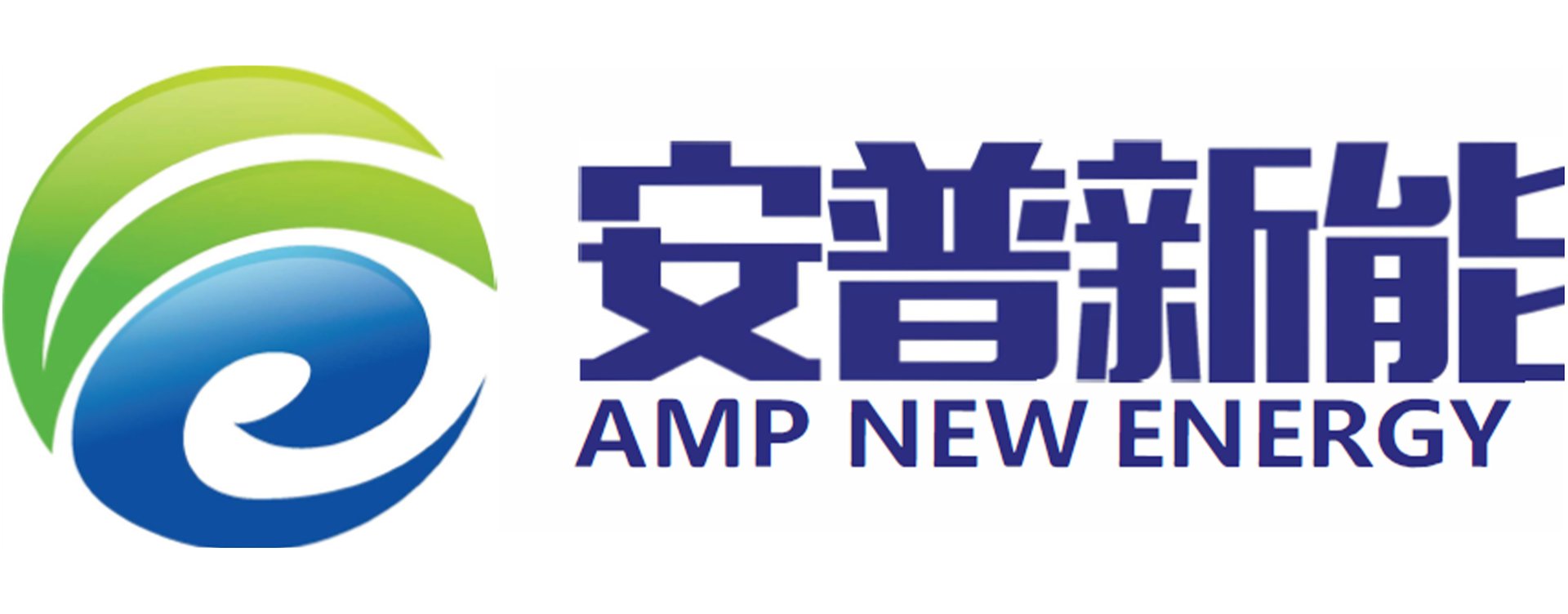The Importance of Polymer Binders in Lithium-Ion Batteries
When it comes to lithium-ion batteries, there are several critical components that determine the battery's performance and lifespan. One such essential component is the polymer binder. In this article, we'll take a closer look at what polymer binders are, their role in lithium-ion batteries, and how they impact battery performance.
1. Defining Polymer Binders
Before we dive into the specifics of polymer binders in lithium-ion batteries, it's important to understand what polymer binders are. Polymer binders, or polymeric binders, are substances that help bind or glue materials together. They are essential in a wide range of industrial applications, from adhesives to coatings to composites.
2. What Are Lithium-Ion Batteries?
Lithium-ion batteries are rechargeable batteries that have become ubiquitous in modern electronic devices, including smartphones, laptops, and electric vehicles. They are so popular because of their high energy density, which enables them to store a lot of energy in a small space and deliver it efficiently.
3. The Role of Polymer Binders in Lithium-Ion Batteries
One of the key functions of a polymer binder in a lithium-ion battery is to help hold the active materials in place within the electrode. In other words, the polymer binder helps ensure that the electrode structure remains intact during the charge and discharge cycles of the battery. Additionally, the polymer binder can help improve the adhesion of the electrode to the current collector.
4. Types of Polymer Binders Used in Lithium-Ion Batteries
There are several types of polymer binders that are used in lithium-ion batteries. One of the most commonly used types is polyvinylidene fluoride (PVDF), which is a high-performance fluoropolymer that is known for its excellent mechanical properties and chemical resistance. Other types of polymer binders include polyacrylonitrile (PAN), carboxymethyl cellulose (CMC), and styrene-butadiene rubber (SBR).
5. Impact of Polymer Binders on Battery Performance
The polymer binder can have a significant impact on the performance of the lithium-ion battery. For example, the choice of polymer binder can affect the mechanical strength, adhesion, and porosity of the electrode. Additionally, the polymer binder can impact the battery's cycling stability, rate capability, and capacity retention.
6. Challenges with Polymer Binders
However, there are also some challenges associated with using polymer binders in lithium-ion batteries. For example, the polymer binder must be able to withstand the chemical and electrochemical reactions that occur during the charge and discharge cycles. Additionally, the polymer binder must be compatible with the other materials used in the battery, including the electrolyte and the current collector.
7. Innovations in Polymer Binder Technology
Scientists and engineers are constantly working to improve the performance of lithium-ion batteries through innovative materials and designs. One area of research is focused on developing new polymer binders that can improve the cycling stability and rate capability of the battery. Some of the promising innovations include the use of functionalized polymers, conductive polymers, and nanostructured polymer composites.
8. Polymer Binders and Sustainability
As the use of lithium-ion batteries continues to grow, there is increasing awareness of the importance of sustainability and environmental impact. One concern is the use of toxic solvents and chemicals in the production of polymer binders. However, there are efforts underway to develop environmentally friendly and sustainable polymer binders, such as those derived from natural sources like cellulose and chitosan.
9. Conclusion
Polymer binders are an essential component of lithium-ion batteries, helping to hold the active materials in place within the electrode and improving the battery's performance and lifespan. Although there are challenges associated with polymer binders, researchers are working to develop new and innovative solutions to overcome these obstacles and improve the sustainability of lithium-ion batteries.
10. Related Long-Tail SEO Keywords
- What is the role of polymer binders in lithium-ion batteries?
- How do polymer binders impact battery performance?
- Types of polymer binders used in lithium-ion batteries
- Challenges with polymer binders in lithium-ion batteries
- Innovations in polymer binder technology for lithium-ion batteries
- Advantages and disadvantages of polymer binders in lithium-ion batteries
- The importance of sustainable and environmentally friendly polymer binders for lithium-ion batteries
- Understanding the chemistry of polymer binders in lithium-ion batteries
- Polymer binders and their impact on the cost of lithium-ion batteries
- The future of polymer binders in lithium-ion batteries

